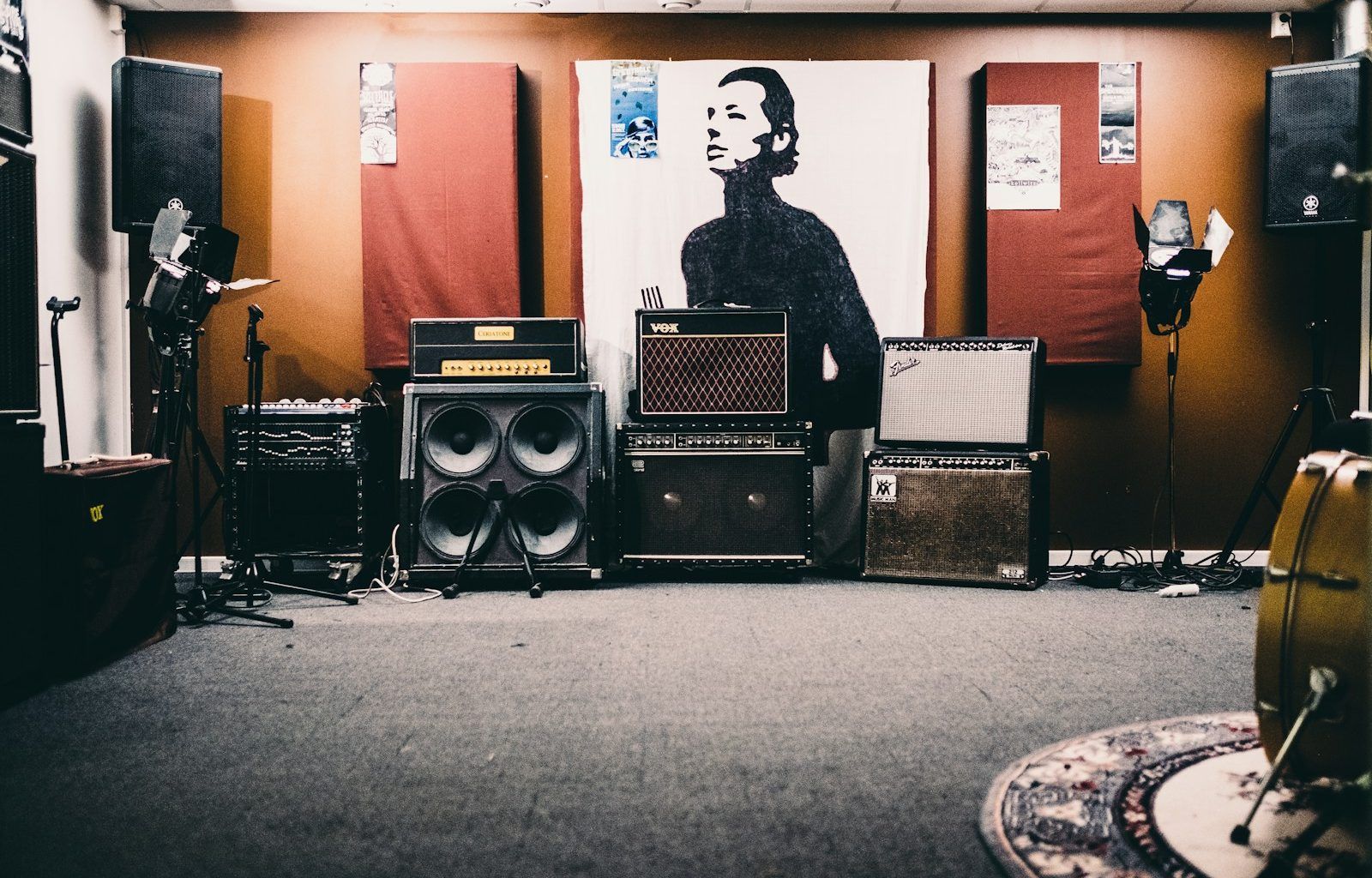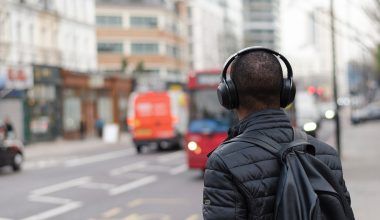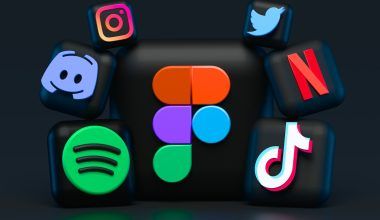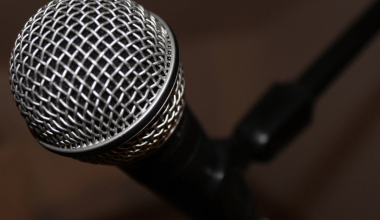Music is a universal language that connects people across the world. Whether you’re just starting out or you’ve been making music for years, having the right tools in your musician kit can make all the difference. In this blog, we’ll break down everything you need to know to create the perfect kit, no matter your skill level or the genre you love.
Why You Need a Well-Equipped Musician Kit
A musician kit is more than just a collection of instruments; it’s your personal toolbox for creativity. Imagine sitting down to write a song or preparing for a gig, and you realize you’re missing a key item. Frustrating, right? A well-thought-out kit saves time, reduces stress, and ensures you’re always ready to perform or create.
Let’s dive into the essentials, extras, and little details that make up a musician kit that works for you.
The Essentials: What Every Musician Kit Should Include
Before we get into the specifics, let’s cover the basics that every musician should have. These essentials form the foundation of your musician kit and are indispensable regardless of your instrument or genre.
1. Your Primary Instrument
This might sound obvious, but your primary instrument is the cornerstone of your kit. Whether it’s a guitar, keyboard, drums, or a violin, make sure it’s in good condition and ready to use.
2. Quality Cables and Connectors
Invest in reliable cables. Poor-quality connectors can lead to annoying static or signal loss. Brands like Mogami or Planet Waves offer durable and trusted options.
3. A Reliable Tuner
Keeping your instrument in tune is non-negotiable. A clip-on tuner is great for acoustic instruments, while pedal tuners work well for electric setups.
4. Spare Strings and Reeds
If you play a stringed instrument, always keep spare strings in your kit. Similarly, woodwind players should carry extra reeds. These small items can save the day when something breaks mid-session.
5. A Notebook or Digital App
Song ideas can strike at any moment. Carry a notebook or use a digital app like Evernote or Notion to jot down lyrics, chord progressions, or melodies.
Customizing Your Musician Kit Based on Your Needs
Now that we’ve covered the essentials, let’s talk about customization. Your musician kit should reflect your personal style and needs. A jazz drummer’s kit will look very different from that of a classical pianist.
For Guitarists:
- A capo for changing keys effortlessly.
- Multiple picks with varying thicknesses.
- A pedalboard with effects that suit your style, like distortion, delay, or reverb.
For Vocalists:
- A quality microphone, like the Shure SM58.
- A portable vocal booth or reflection filter for home recording.
- Hydration aids like throat sprays or herbal teas.
For Pianists:
- Sheet music stands that are easy to transport.
- Pedal extensions if you’re performing on unfamiliar pianos.
- Digital tools like metronomes or ear training apps.
For Producers and DJs:
- A portable MIDI controller for on-the-go creativity.
- High-quality headphones like the Audio-Technica ATH-M50X.
- A laptop with reliable DAW software such as Ableton Live or Logic Pro.
The Little Extras That Make a Big Difference
Often, it’s the small things that can elevate your musician kit from basic to extraordinary. These items may seem minor, but they play a huge role in your overall experience.
1. Cleaning Supplies
Keep your instruments in top shape with cleaning kits designed for your specific gear. Polishing cloths, string cleaners, and valve oils can extend the life of your equipment.
2. Backup Power Sources
Always carry extra batteries or a power bank. This is especially important if you rely on electronic gear.
3. Gaffer Tape
You’d be surprised how often gaffer tape comes in handy, from securing cables to quick fixes.
4. Ear Protection
Whether you’re rehearsing or attending gigs, protecting your hearing is vital. Invest in high-quality earplugs that preserve sound clarity while reducing volume.
5. Business Cards
If you’re a gigging musician, always have business cards on hand to share with potential collaborators or fans.
Building Your Kit on a Budget
Creating a musician kit doesn’t have to break the bank. Here are some tips to help you save money while still building a reliable setup:
- Buy Used Gear: Check out second-hand stores, online marketplaces, or local music shops.
- Prioritize Essentials: Focus on the must-haves first before splurging on extras.
- DIY Solutions: Make your own pedalboard or use household items for storage.
- Shop During Sales: Keep an eye out for discounts around holidays or back-to-school seasons.
Maintaining and Upgrading Your Musician Kit
As your skills and needs evolve, so should your musician kit. Regular maintenance and occasional upgrades will keep your setup fresh and functional.
Maintenance Tips:
- Schedule routine cleanings for all your gear.
- Replace worn-out parts promptly.
- Store your equipment in a safe, climate-controlled environment.
When to Upgrade:
- If your gear no longer meets your needs, consider an upgrade.
- Look for newer technology that can simplify your workflow.
- Swap out entry-level items for professional-grade equipment as your budget allows.
Wrapping It All Up
A well-prepared musician kit is essential for anyone serious about their craft. By thoughtfully curating your tools and equipment, you’ll set yourself up for success in any musical endeavor. Remember, your musician kit is as unique as you are, so take the time to make it your own.
Whether you’re hitting the stage, recording at home, or jamming with friends, the right musician kit ensures you’re always ready to create something amazing. So, what’s stopping you? Start building your perfect kit today and watch your music reach new heights.
Related Articles:
For further reading, explore these related articles:
- The Rising Influence of Virgin Music in the Global Industry
- How to Add Audio in Instagram: A Comprehensive Guide
For additional resources on music marketing and distribution, visit DMT Records Private Limited.






